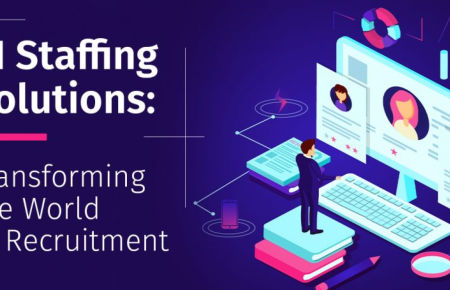Flexible staffing is when companies hire workers as needed for short term projects, seasonal fluctuations or temporary gaps. This approach includes types of employment such, as part time, contract and freelance positions. By using staffing businesses can quickly adapt to changing market conditions reduce costs associated with staff and boost productivity.
Benefits of Flexible Staffing :


- Cost Efficiency; One major advantage of staffing is cost savings. By avoiding the expenses linked to full time employees like benefits and overtime pay companies can adjust their workforce size based on needs.
- Access to Specialized Talent; Flexible staffing allows access to a pool of talent. Companies can bring in experts for projects without committing to a hire or needing to develop those skills in house.
- Enhanced Agility; In a paced business environment where needs constantly change, having the flexibility to adjust your workforce accordingly is invaluable. Flexible staffing enables companies to scale their labor force in line with product launches, technological advancements or shifts, in market demand.
- Risk Management; This approach also allows companies to assess employee skills and compatibility, with the organization before committing to long term employment reducing the risks associated with hiring.
Implementing Flexible Staffing
- Clearly Define Your Requirements; Clearly outline the skills and expertise needed for your projects to identify talent.
- Collaborate with Staffing Agencies; Partnering with staffing agencies can assist in locating candidates as these agencies have access to vast networks of individuals seeking flexible work opportunities.
- Embrace Technology; Utilize software and platforms that support work, project management and communication. Technology plays a role in enabling a dispersed workforce to function
- Promote a Culture of Flexibility; Cultivating a culture that values flexibility, diversity and effective communication is essential for flexible staffing. This inclusive approach ensures that all employees receive support and resources regardless of their employment arrangement.
The Future of Work
In today’s global business landscape where organizational structures are constantly evolving the significance of staffing is set to increase. Flexible staffing offers both benefits such as cost efficiency and adaptability as well as aligns with ideological principles.
This shift, towards work achieving a balance between work and personal life and engaging in short term projects is part of a societal change. It can position todays innovators at the forefront of research that will impact the future of work. Embracing this approach allows companies to be viewed as employers attracting top tier talent and thriving in the evolving business landscape. In essence adopting staffing goes beyond being a passing trend – it represents a more intelligent and strategic approach, to managing your workforce. This method appears suited for the nature of modern business environments and emerging workforce trends shaping the future of work.




